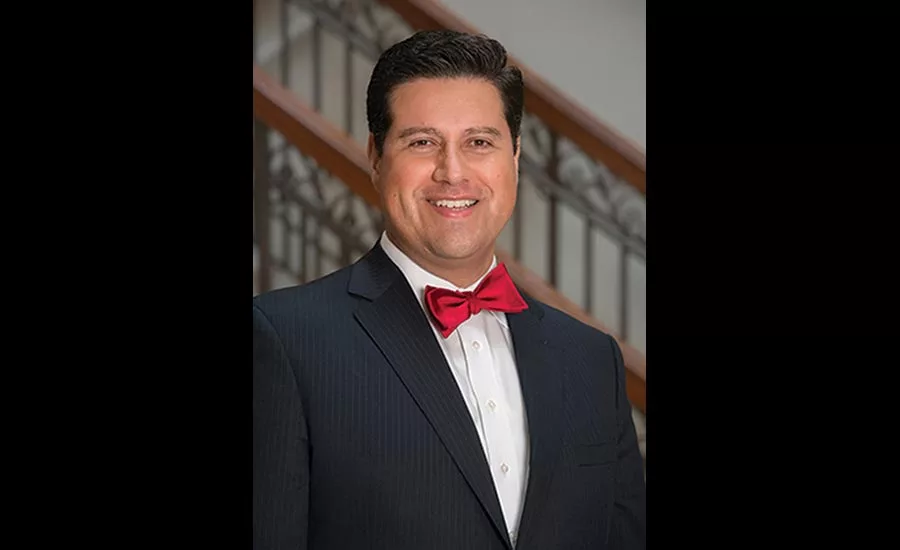Regent Trains Cyberwarriors of the Future with 'Cyber Range'

Regent University built a state of the art “cyber range” on its Virginia Beach campus. “There will be a significant shortage of trained professionals in this space in the next few years,” says Dr. Gerson Moreno- Riaño, executive vice president for academic affairs. “That’s to the detriment of our country.” Photo courtesy of Dr. Moreno-Riaño
All colleges and universities have been ramping up their cybersecurity efforts during the past decade, but where do the trained professionals to meet their needs – and those of other industries – earn their credentials?
Regent University has started providing an answer to that question during the past couple of years by building a state of the art “cyber range” on its Virginia Beach campus. “There will be a significant shortage of trained professionals in this space in the next few years,” says Gerson Moreno-Riaño, executive vice president for academic affairs. “That’s to the detriment of our country.”
Regent has responded by building a state-of-the-art facility for simulation and training. “In the cybersecurity space, too often it’s book-driven,” he says. “There’s a lot of theory. There’s nothing wrong with that – you need to have it. But we also wanted to make sure they encountered real-world situations.”
Cyber ranges have more often existed in the military world, but Regent partnered with Cyberbit, subsidiary of Elbit, to focus on the university environment, Moreno-Riaño says, noting that at least 30 major American universities have been hacked in the past couple of years.
“Some of the leading universities of the world are sitting ducks,” he says. “We want to make sure we protect our own infrastructure. Hackers want to steal data, compromise data, take it and sell it. They also want to demonstrate an institution is vulnerable – to make fun of them, in some way.”
The cyber range will be used primarily in Regent’s graduate cybersecurity, information technology and computer science programs, although Moreno-Riaño says that undergraduate information technology and cybersecurity students will use it for their capstone projects. “When it comes to outcomes in those courses and programs, we want to tie it to that range,” he says. “We want to simulate those [scenarios] and assess them, to track their understanding and learning proficiency.”
Regent also will offer industry certifications specific to areas like healthcare or the financial sector, and bring in people from C-suites for training in which their network is simulated in the range, Moreno-Riaño says. “And then their teams come here and simulate, and go back to their places of employment better prepared,” he says.
Looking for a reprint of this article?
From high-res PDFs to custom plaques, order your copy today!







